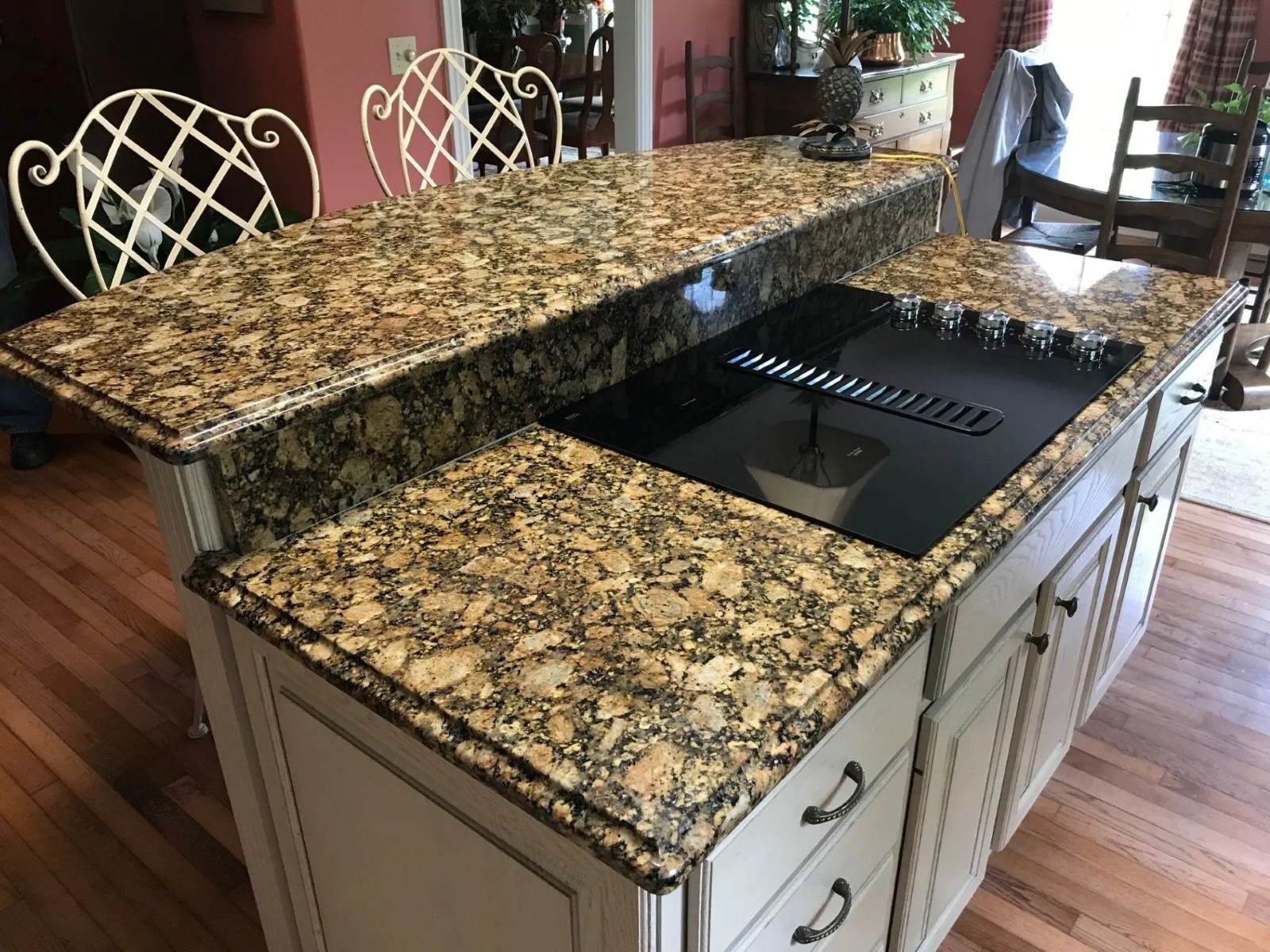

Articles
What Not To Use On Granite Countertops
Modified: February 23, 2024
Discover expert articles on what not to use on granite countertops to avoid damaging your beautiful surfaces. Avoid costly mistakes with our helpful tips and recommendations.
(Many of the links in this article redirect to a specific reviewed product. Your purchase of these products through affiliate links helps to generate commission for Storables.com, at no extra cost. Learn more)
Introduction
Granite countertops are a popular choice for kitchens and bathrooms due to their natural beauty and durability. This igneous rock that has been formed over millions of years underground is known for its unique patterns and colors, making each slab of granite truly one-of-a-kind. However, despite its strength, granite is not invincible and requires proper care to maintain its appearance and longevity.
Cleaning granite countertops correctly is crucial to prevent damage and protect their natural shine. Unfortunately, there are certain cleaning products and practices that should be avoided at all costs. In this article, we will explore what not to use on granite countertops to ensure you can enjoy their beauty for years to come without causing any harm.
Key Takeaways:
- Preserve the Beauty: Avoid abrasive, acidic, and oil-based cleaners. Use gentle tools and pH-neutral cleaners to protect the natural shine and longevity of your granite countertops.
- Proactive Care: Regular maintenance and proper cleaning techniques are essential. Avoid harsh tools and homemade solutions to maintain the pristine appearance of your granite countertops for years to come.
Read more: What Cleaner To Use On Granite Countertops
Abrasive Cleaners
Abrasive cleaners, such as scouring powders and creams, are one of the biggest culprits when it comes to damaging granite countertops. These cleaners contain gritty particles that can scratch and dull the surface of the granite. Even though granite is a very hard material, it is still susceptible to scratches if exposed to abrasive materials.
When cleaning your granite countertops, it is essential to avoid abrasive cleaners and opt for gentler alternatives. Instead of using scouring powders, you can use a soft cloth or sponge with a mild, pH-neutral cleaner. This will effectively remove dirt and grime without causing any harm to the granite surface.
If you encounter stubborn stains or spills, you can create a paste using baking soda and water. Use this paste to gently scrub the affected area, but make sure to rinse it thoroughly afterward to avoid any residue buildup.
Remember, prevention is key when it comes to maintaining your granite countertops. Regularly wiping up spills and using trivets or hot pads under hot pans and dishes will help prevent the need for abrasive cleaning in the first place. By being proactive in your cleaning routine, you can keep your granite countertops looking pristine without the risk of damage.
Vinegar and Acidic Cleaners
Vinegar and acidic cleaners are often praised for their natural cleaning properties. However, when it comes to granite countertops, these types of cleaners should be avoided. Granite is a porous material, meaning it has tiny microscopic pores on its surface. Acidic cleaners, such as vinegar, can etch and corrode the granite, causing permanent damage.
When acidic substances come into contact with granite, they can cause dull spots and discoloration. This is particularly true for lighter-colored granite, which is more susceptible to damage. Additionally, acidic cleaners can break down the sealant on the granite, making it more vulnerable to stains and bacterial growth.
Instead of using vinegar or acidic cleaning solutions, opt for pH-neutral cleaners that are specifically formulated for use on granite countertops. These cleaners are gentle yet effective in removing dirt and grime without causing any harm to the surface. Remember to always read the labels of cleaning products to ensure they are safe for use on granite.
Furthermore, when cleaning your granite countertops, avoid using abrasive tools like scrub brushes or scouring pads, as they can exacerbate any potential damage. Stick to soft cloths or sponges and gentle, circular motions to clean the surface.
To maintain the integrity of your granite countertops, it is advisable to reseal them every 1-2 years. Resealing helps to create a protective layer that prevents liquids and stains from penetrating the stone. This extra layer of protection will also make cleaning easier and prolong the lifespan of your countertops.
By avoiding vinegar and acidic cleaners, you can ensure that your granite countertops remain beautiful and pristine for years to come.
Bleach and Ammonia
Bleach and ammonia are powerful cleaning agents commonly found in households. However, when it comes to granite countertops, using bleach or ammonia-based cleaners should be avoided. These harsh chemicals can cause irreversible damage to the surface of the granite.
Bleach is a strong oxidizing agent that can strip away the natural shine of granite and fade its color over time. It can also weaken the sealant on the granite, making it more susceptible to staining and bacterial growth. Additionally, bleach can produce harmful fumes when mixed with other cleaning agents, posing a risk to your health and well-being.
Similarly, ammonia-based cleaners should not be used on granite countertops. Ammonia is an alkaline substance that can dull the granite and degrade its surface. It can also cause the granite to become more porous, increasing the likelihood of stains and damage.
Instead of using bleach or ammonia, opt for gentle, pH-neutral cleaners that are specifically formulated for granite surfaces. These cleaners are effective in removing dirt and grime without causing any harm to the stone. It is important to always read the labels of cleaning products to ensure they are safe for use on granite.
When dealing with stains or spills, it is best to tackle them as soon as possible. Blot the affected area with a soft cloth or paper towel to absorb the spill. Avoid rubbing the stain, as this can spread it further. For stubborn stains, you can use a mild soap or a granite-safe stain remover, following the instructions carefully.
By avoiding bleach and ammonia-based cleaners, you can preserve the beauty and integrity of your granite countertops, ensuring they remain a stunning focal point in your home for years to come.
Lemon and Citrus Cleaners
Lemon and citrus cleaners are often lauded for their pleasant scent and natural cleaning properties. However, when it comes to cleaning granite countertops, it is best to steer clear of these acidic cleaners.
Like vinegar and other acidic substances, lemon and citrus cleaners can damage the surface of granite countertops. The high acidity in these cleaners can etch and corrode the natural stone, leaving behind permanent stains and dull spots. Additionally, the natural oils present in citrus fruits can leave a residue on the granite, making it more vulnerable to staining and bacterial growth.
When cleaning your granite countertops, opt for pH-neutral cleaners that are specifically formulated for use on natural stone surfaces. These cleaners are safe and effective in removing dirt and grime without causing any harm. Be sure to read the labels of cleaning products to ensure they are suitable for granite.
Instead of lemon or citrus cleaners, you can use a mixture of mild dish soap and warm water to clean your granite countertops. Simply dilute a small amount of dish soap in water, dampen a soft cloth or sponge, and gently wipe down the surface. Rinse thoroughly with clean water and dry with a soft cloth to prevent water spots.
It is also important to note that when using any cleaning agent, it is best to avoid leaving it on the granite for an extended period. This can increase the chance of the cleaner penetrating the surface and causing damage. Always follow the recommended instructions and rinse the countertop thoroughly after cleaning.
By avoiding lemon and citrus cleaners, you can maintain the natural beauty and shine of your granite countertops without risking any damage. With gentle and proper cleaning techniques, your granite countertops will continue to add elegance to your space for years to come.
Read more: What Are Granite Countertops
Harsh Scrubbing Brushes
When it comes to cleaning granite countertops, it’s important to choose the right tools. Harsh scrubbing brushes, such as stiff bristle brushes or scouring pads, should be avoided as they can cause scratches and damage to the surface of the granite.
Granite is a durable material, but it is still susceptible to scratching if abrasive tools are used. Even small scratches can impact the appearance of the countertop, and repeated use of harsh brushes can lead to a dull and worn-out look over time.
Instead of using harsh scrubbing brushes, opt for soft cloths, microfiber pads, or non-abrasive sponges. These gentle tools are effective in removing dirt and grime without causing any harm to the granite. When cleaning, use circular motions and apply gentle pressure to avoid scratching the surface.
If you encounter stubborn stains or spills that require a bit more scrubbing, consider using a soft-bristle brush specifically designed for delicate surfaces like granite. Make sure the brush is labeled as safe for use on granite and use it with a mild, pH-neutral cleaner or a mixture of dish soap and warm water.
Remember, prevention is key when it comes to protecting your granite countertops. Place mats or coasters under items that have the potential to scratch the surface, such as heavy pots or pans. Avoid dragging sharp objects across the countertop and use cutting boards when preparing food.
By using the right tools and adopting proper cleaning techniques, you can maintain the beauty and integrity of your granite countertops for years to come.
Avoid using acidic or abrasive cleaners on granite countertops as they can cause damage and dull the surface. Stick to mild, pH-balanced cleaners and a soft cloth for regular maintenance.
Steel Wool or Wire Brushes
Steel wool and wire brushes are powerful cleaning tools that are best reserved for heavy-duty tasks. However, when it comes to granite countertops, it is crucial to avoid using steel wool or wire brushes as they can cause severe damage to the surface.
The abrasive nature of steel wool and wire brushes can scratch and dull the granite, leaving behind permanent marks. Even seemingly small scratches can significantly impact the overall appearance of the countertop and make it more susceptible to staining and bacterial growth.
Instead of using steel wool or wire brushes, opt for gentler tools and techniques for cleaning your granite countertops. Soft cloths, microfiber pads, or non-abrasive sponges are suitable alternatives that effectively remove dirt and grime without causing any harm. Avoid applying excessive pressure during cleaning and use gentle, circular motions to preserve the integrity of the granite surface.
If you encounter stubborn stains or spills, try creating a paste using baking soda and water. Apply the paste to the affected area and gently scrub with a soft cloth or sponge. Make sure to rinse the countertop thoroughly to remove any residue.
Prevention is key when it comes to maintaining the appearance of your granite countertops. Use coasters or mats under hot pots, use cutting boards when preparing food, and promptly wipe up spills to minimize the risk of staining or damage.
By avoiding the use of steel wool or wire brushes, you can protect the natural beauty of your granite countertops and ensure they continue to be a stunning centerpiece in your home.
Oil-based Cleaners
Oil-based cleaners may be effective for certain surfaces, but they are not suitable for cleaning granite countertops. Granite is a porous stone, and oil-based cleaners can leave behind a greasy residue that can penetrate the surface, leading to staining and discoloration.
Using oil-based cleaners on granite not only impacts its appearance but also compromises its durability. The oil residue can attract dirt and grime, making the countertops more challenging to clean and maintain.
Instead of oil-based cleaners, opt for pH-neutral, water-based cleaners specifically formulated for granite countertops. These cleaners are designed to effectively remove dirt and grime without leaving behind any residue or causing damage to the surface.
When cleaning your granite countertops, it is important to use a soft cloth or sponge along with the appropriate cleaning solution. Gently wipe down the surface, focusing on any areas that require extra attention due to spills or stains. Rinse the countertops thoroughly with clean water to ensure all traces of the cleaning solution are removed.
Regular maintenance is key in preserving the beauty and longevity of granite countertops. Wipe up spills immediately to prevent them from seeping into the stone and causing permanent damage. Avoid using abrasive tools or harsh chemicals that can scratch or etch the surface. By following these simple guidelines and avoiding oil-based cleaners, you can keep your granite countertops looking pristine for years to come.
Windex or Glass Cleaners
While Windex and other glass cleaners are effective for cleaning windows and mirrors, they should not be used on granite countertops. These cleaners are designed for non-porous surfaces and contain chemicals that can damage the natural stone.
One of the main ingredients in glass cleaners is ammonia, which is known to be harsh and can cause discoloration and etching on the surface of granite. Additionally, the chemicals in these cleaners can strip away the protective sealant on the granite, making it more susceptible to stains and bacterial growth.
Instead of using Windex or other glass cleaners, opt for pH-neutral, granite-safe cleaners that are specifically formulated for natural stone surfaces. These cleaners are gentle and effective in removing dirt and grime without causing any harm.
When cleaning your granite countertops, dampen a soft cloth or sponge with the appropriate cleaning solution and gently wipe down the surface. Avoid using excessive pressure or harsh scrubbing motions to prevent any potential damage.
After cleaning, rinse the countertops thoroughly with clean water to remove any residue. Dry the surface with a soft cloth to prevent water spots from forming.
It is important to note that prevention is key in maintaining your granite countertops. Use coasters or mats under glasses and ensure spills are promptly wiped up to minimize the risk of staining or damage. Avoid placing hot pans directly on the surface and use cutting boards to protect against scratches.
By avoiding the use of Windex or other glass cleaners and opting for granite-safe cleaners, you can ensure that your granite countertops remain beautiful and pristine for years to come.
Read more: What Are Leather Granite Countertops
Homemade Cleaning Solutions to Avoid
While homemade cleaning solutions can be a cost-effective alternative, there are certain recipes and ingredients that should be avoided when it comes to cleaning granite countertops. These homemade solutions may seem natural and harmless, but they can actually cause damage to the surface of the granite.
One common homemade cleaning solution to avoid is a mixture of vinegar and water. As mentioned earlier, vinegar is acidic and can etch the surface of granite, leading to dull spots and discoloration. Instead of using vinegar, opt for pH-neutral cleaners specifically formulated for use on granite countertops.
Another homemade cleaning solution to avoid is a mixture of lemon juice and water. Lemon juice is highly acidic and can have the same detrimental effects on granite as vinegar. It can cause etching and fading of the color, resulting in a lackluster appearance.
Baking soda is a commonly used ingredient in homemade cleaning solutions, but it should be used with caution on granite countertops. While baking soda is an effective natural cleaner, it is also abrasive and can scratch the surface of the granite. If using baking soda, make sure to create a paste with water and only use it in small, controlled areas that require extra attention.
Other ingredients to avoid in homemade cleaning solutions for granite include hydrogen peroxide, bleach, and ammonia. These chemicals are too harsh for the delicate nature of granite and can cause irreversible damage.
It’s important to note that not all homemade cleaning solutions are harmful to granite countertops. However, it is crucial to research and ensure that the ingredients used are safe for use on granite surfaces. When in doubt, opt for commercial cleaners that are specifically formulated for granite.
To maintain the beauty and integrity of your granite countertops, it is best to stick to pH-neutral, granite-safe cleaners that have been tested and approved. These cleaners are designed to effectively remove dirt and grime without causing any damage to the surface.
By avoiding homemade cleaning solutions that contain vinegar, lemon juice, baking soda, or other harsh ingredients, you can protect the natural beauty of your granite countertops and ensure they continue to be a stunning focal point in your home.
Conclusion
Granite countertops are a beautiful addition to any kitchen or bathroom, but they require proper care to maintain their natural beauty and durability. To ensure the longevity of your granite countertops, it is essential to avoid certain cleaning products and practices that can cause damage.
Avoid using abrasive cleaners, such as scouring powders and creams, as they can scratch and dull the surface of the granite. Similarly, vinegar, bleach, ammonia, and lemon or citrus cleaners should be avoided as they can cause etching, discoloration, and deterioration of the sealant.
Harsh scrubbing brushes, like steel wool or wire brushes, should also be avoided as they can leave scratches on the surface of the granite. Additionally, oil-based cleaners and glass cleaners, such as Windex, can leave behind residue or strip away the protective sealant, making the granite more susceptible to staining and damage.
Lastly, it is important to be cautious with homemade cleaning solutions. While some natural ingredients can be safe to use on granite, others, like vinegar, lemon juice, and baking soda, can cause harm. It is best to opt for pH-neutral, granite-safe cleaners that are specifically formulated for use on granite surfaces.
In conclusion, taking proper care of your granite countertops is crucial to prolong their lifespan and keep them looking their best. By avoiding the use of harsh cleaners, abrasive tools, and homemade solutions, you can preserve the natural beauty, shine, and durability of your granite countertops for many years to come. Regular maintenance, including wiping up spills promptly and using coasters or mats under hot items, will also help protect your countertops and maintain their pristine condition.
Remember, when in doubt, always refer to the manufacturer’s guidelines and recommendations for cleaning and maintaining your specific type of granite. By following these guidelines and adopting a gentle, proactive approach to cleaning, you can enjoy the beauty and functionality of your granite countertops for generations.
Frequently Asked Questions about What Not To Use On Granite Countertops
Was this page helpful?
At Storables.com, we guarantee accurate and reliable information. Our content, validated by Expert Board Contributors, is crafted following stringent Editorial Policies. We're committed to providing you with well-researched, expert-backed insights for all your informational needs.
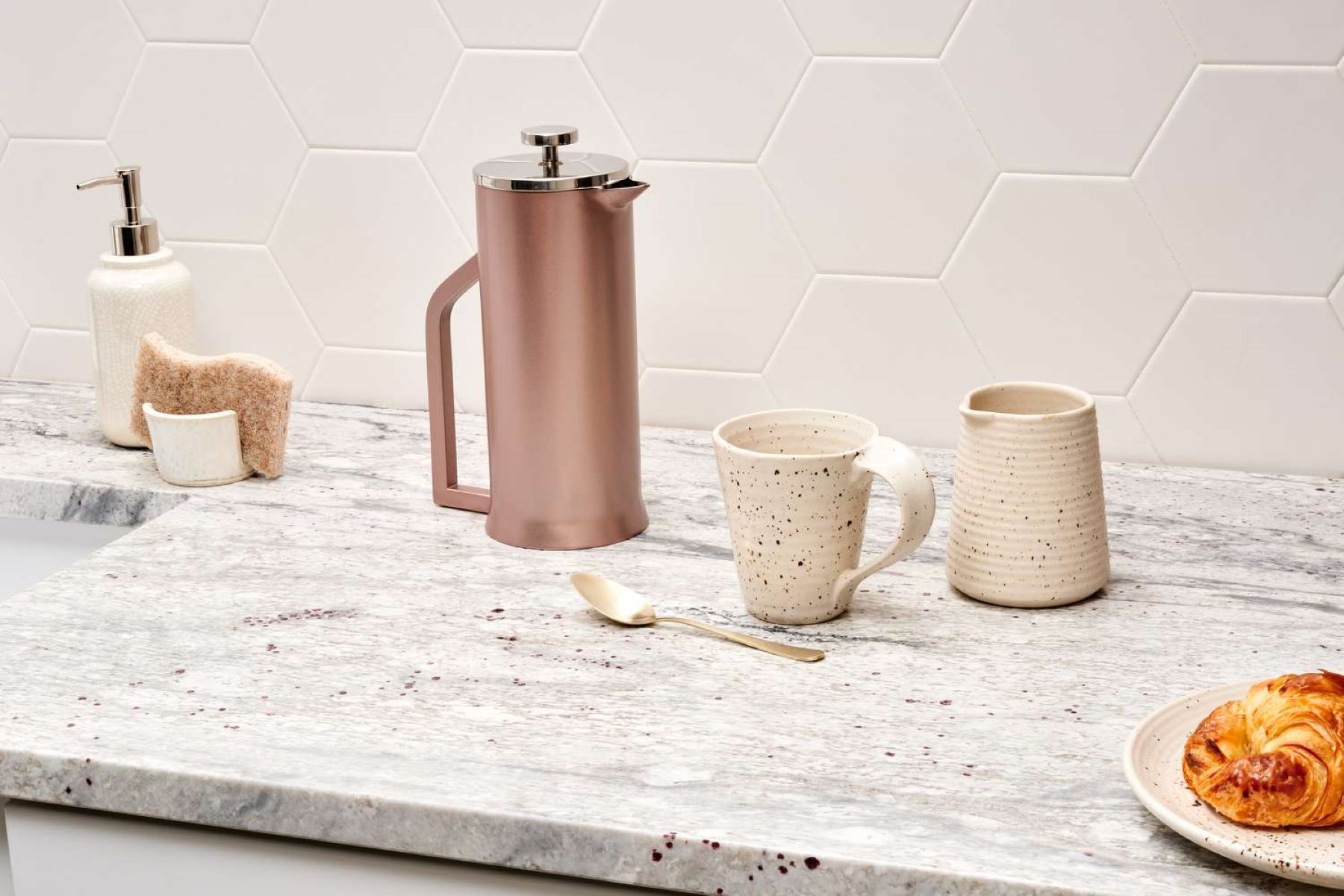
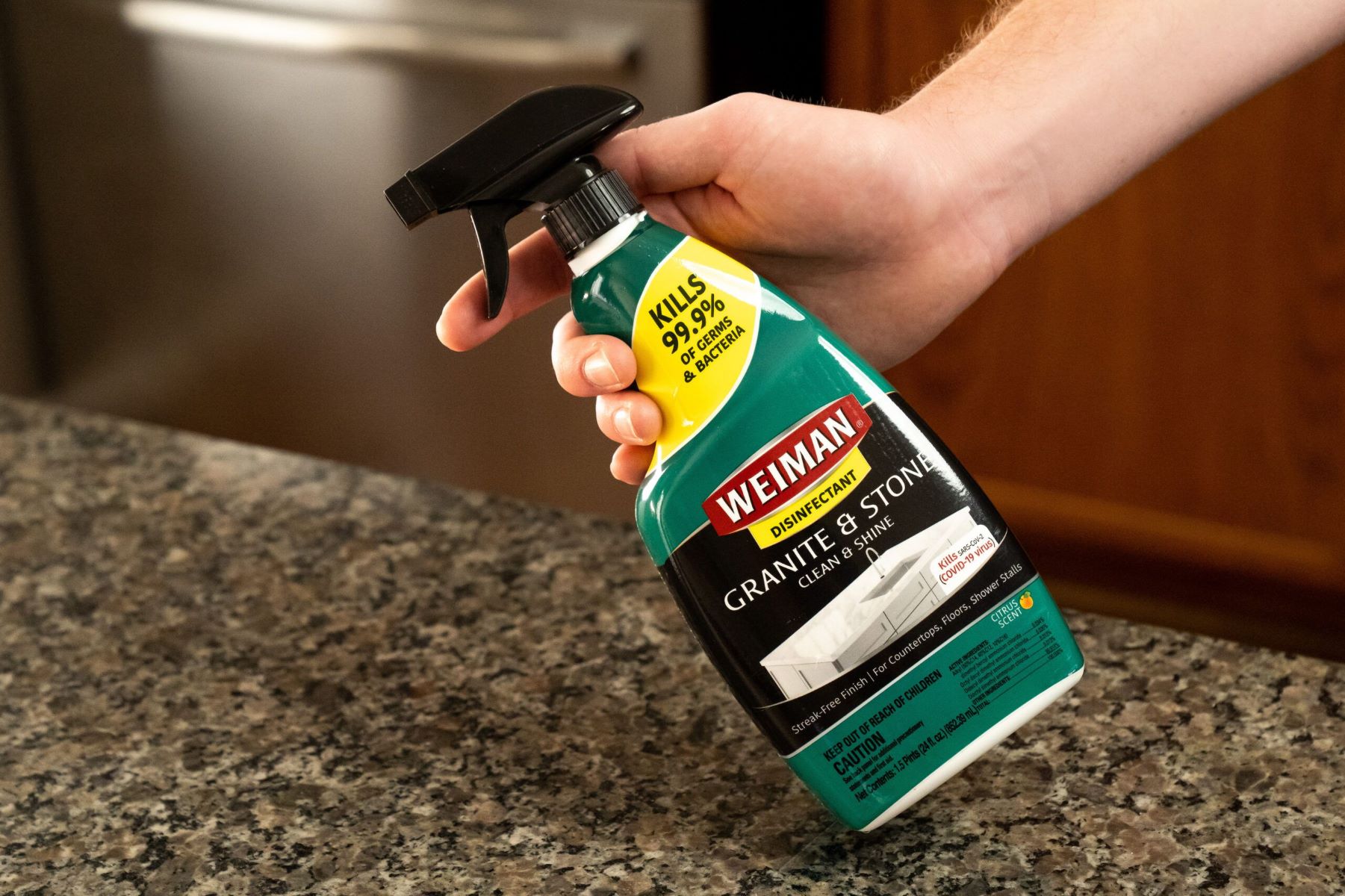

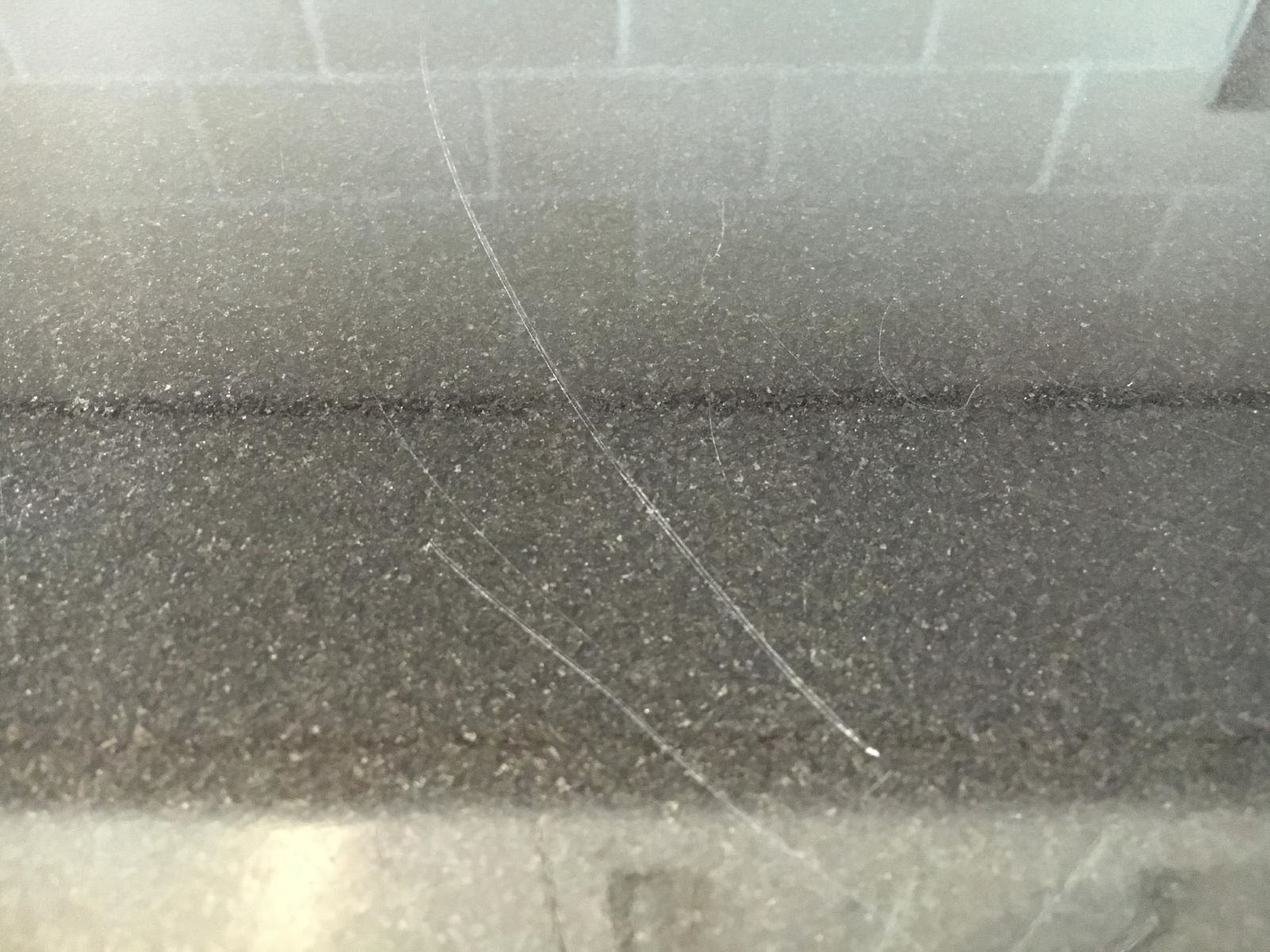
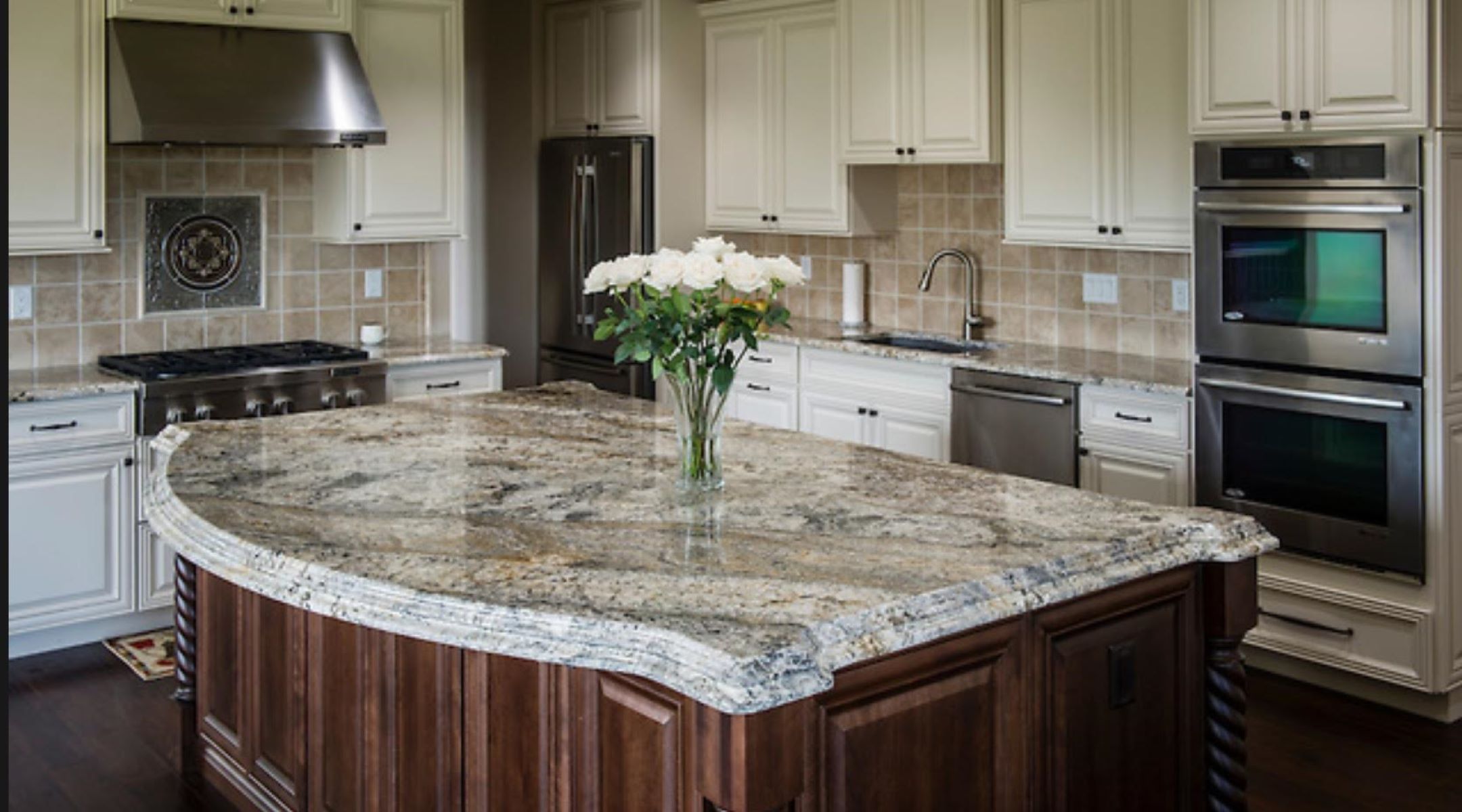
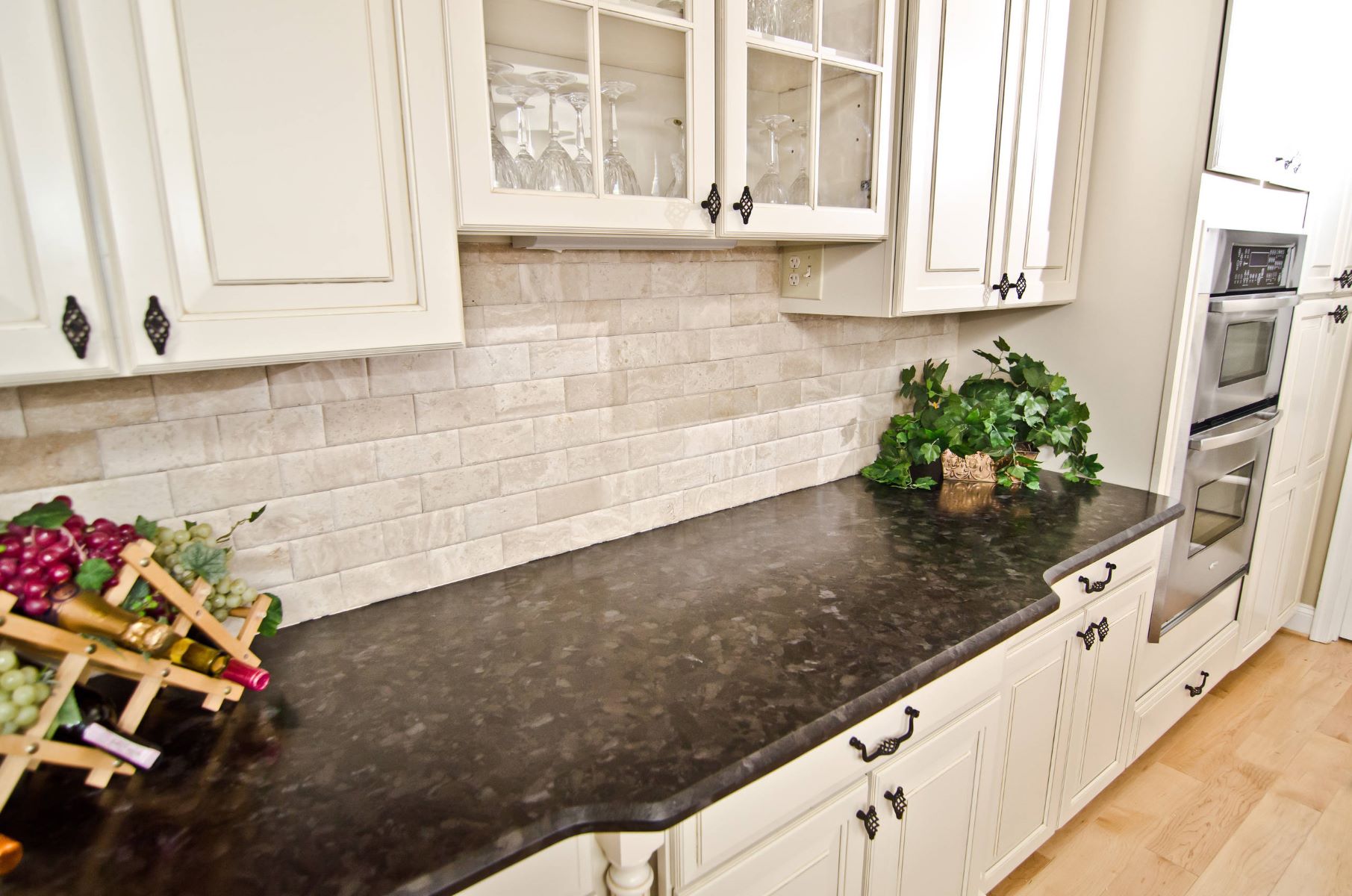
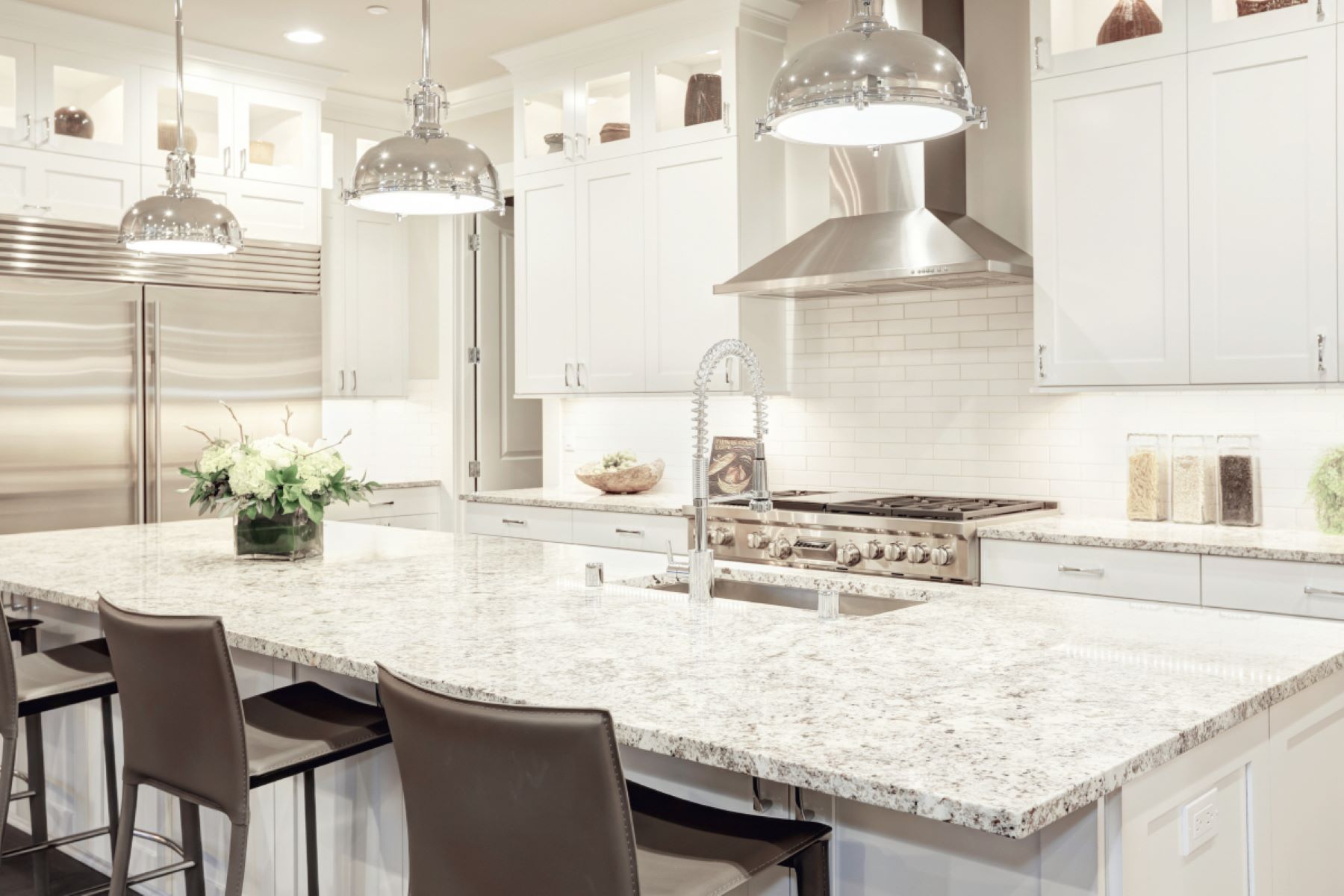
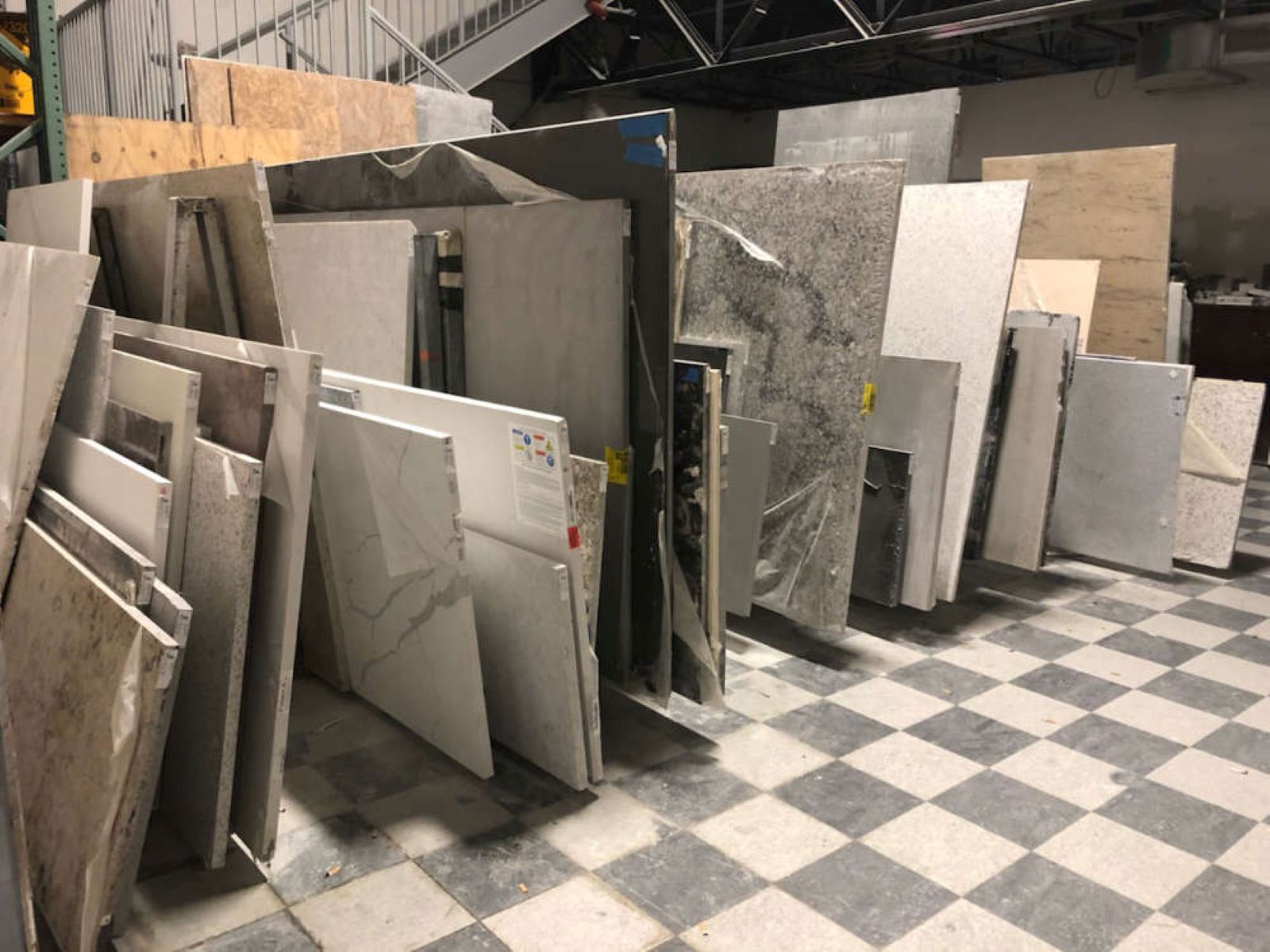
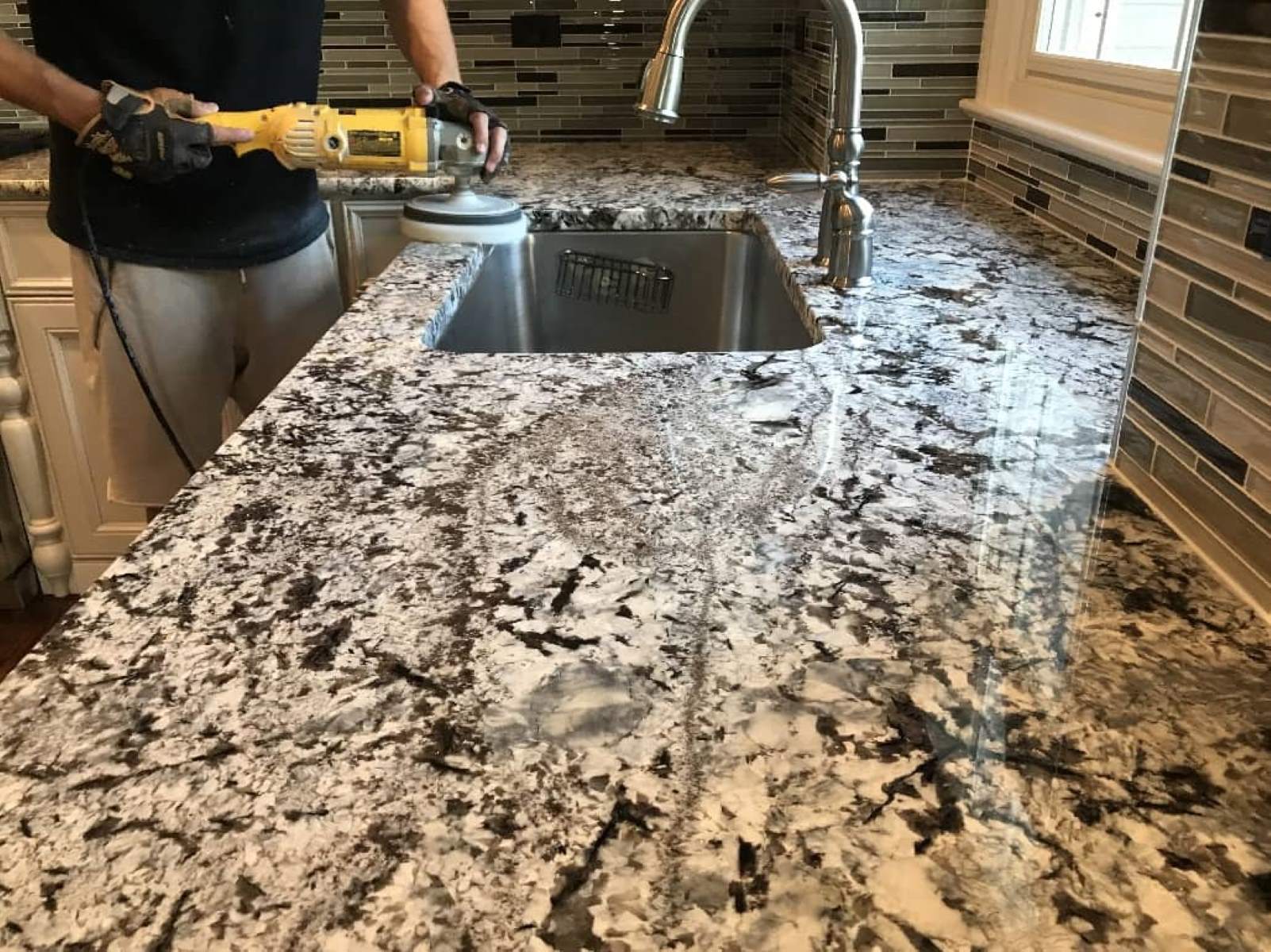
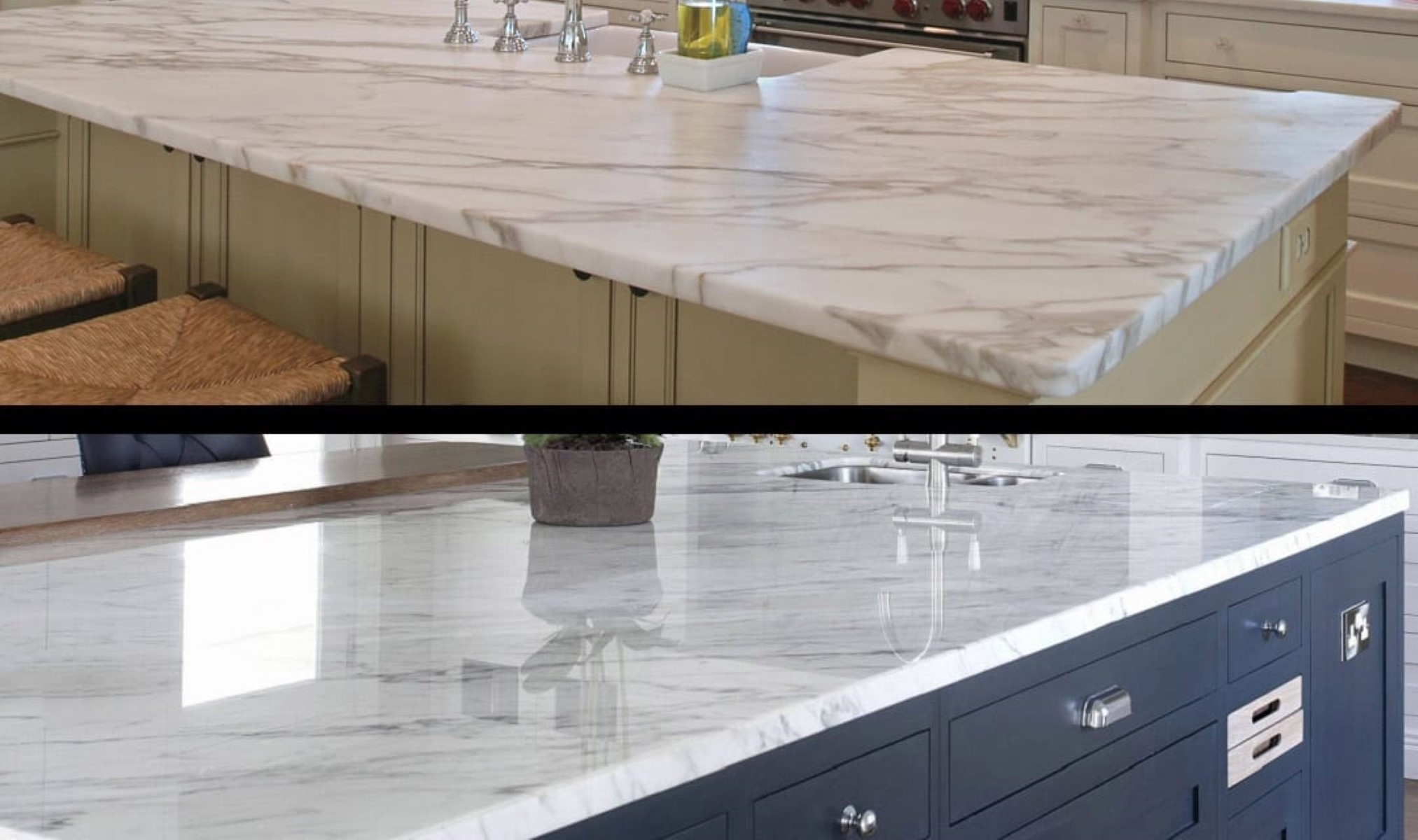
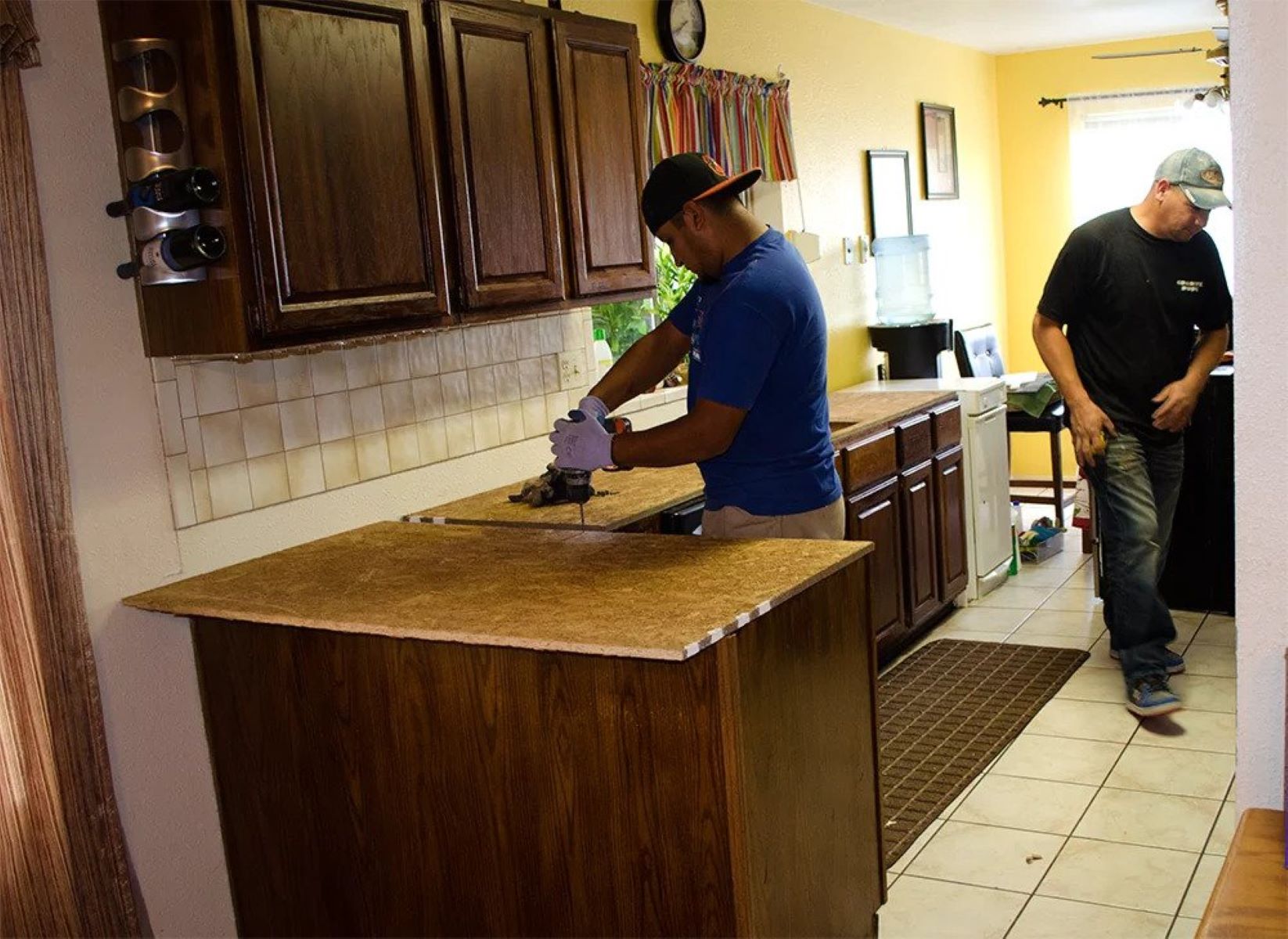
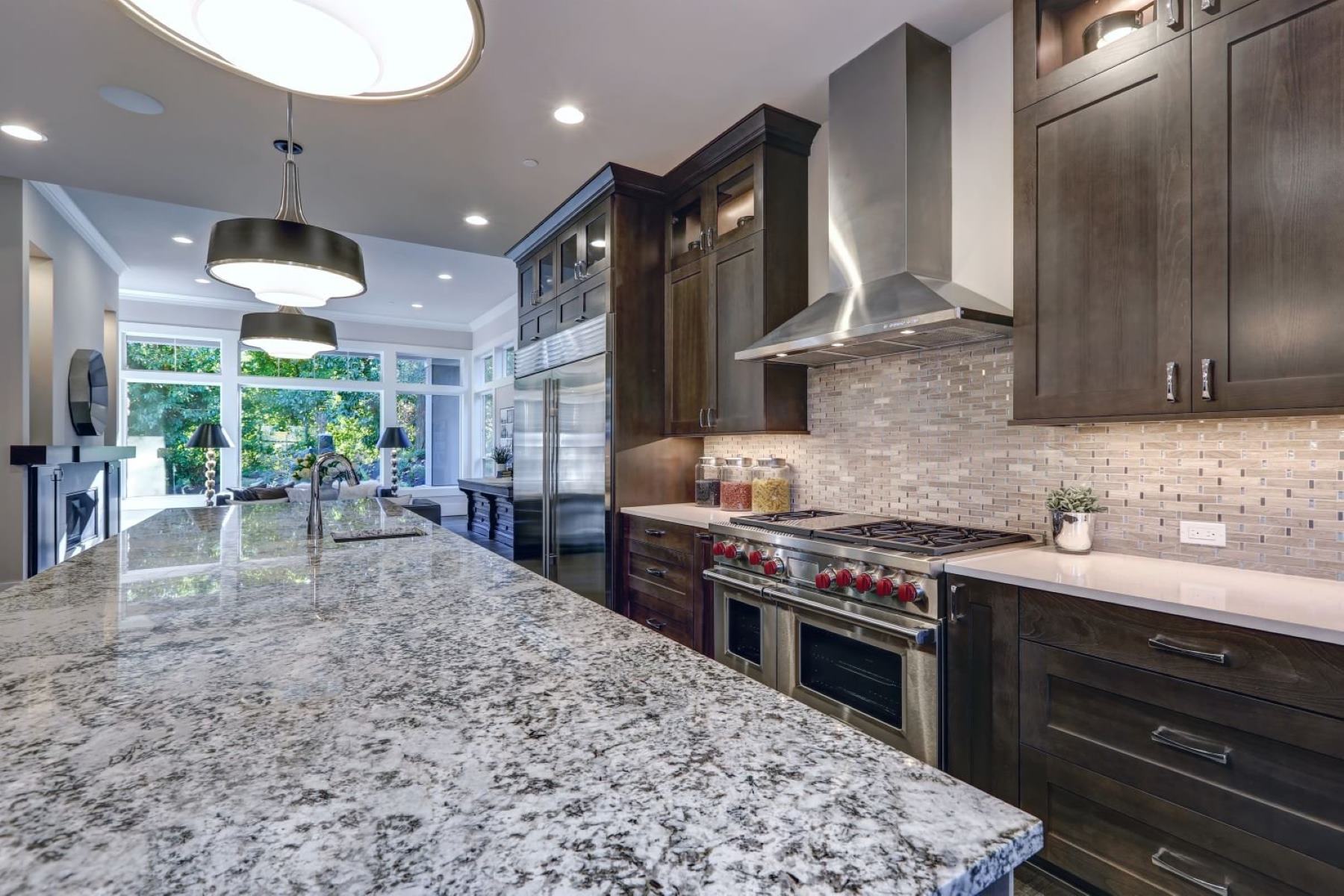
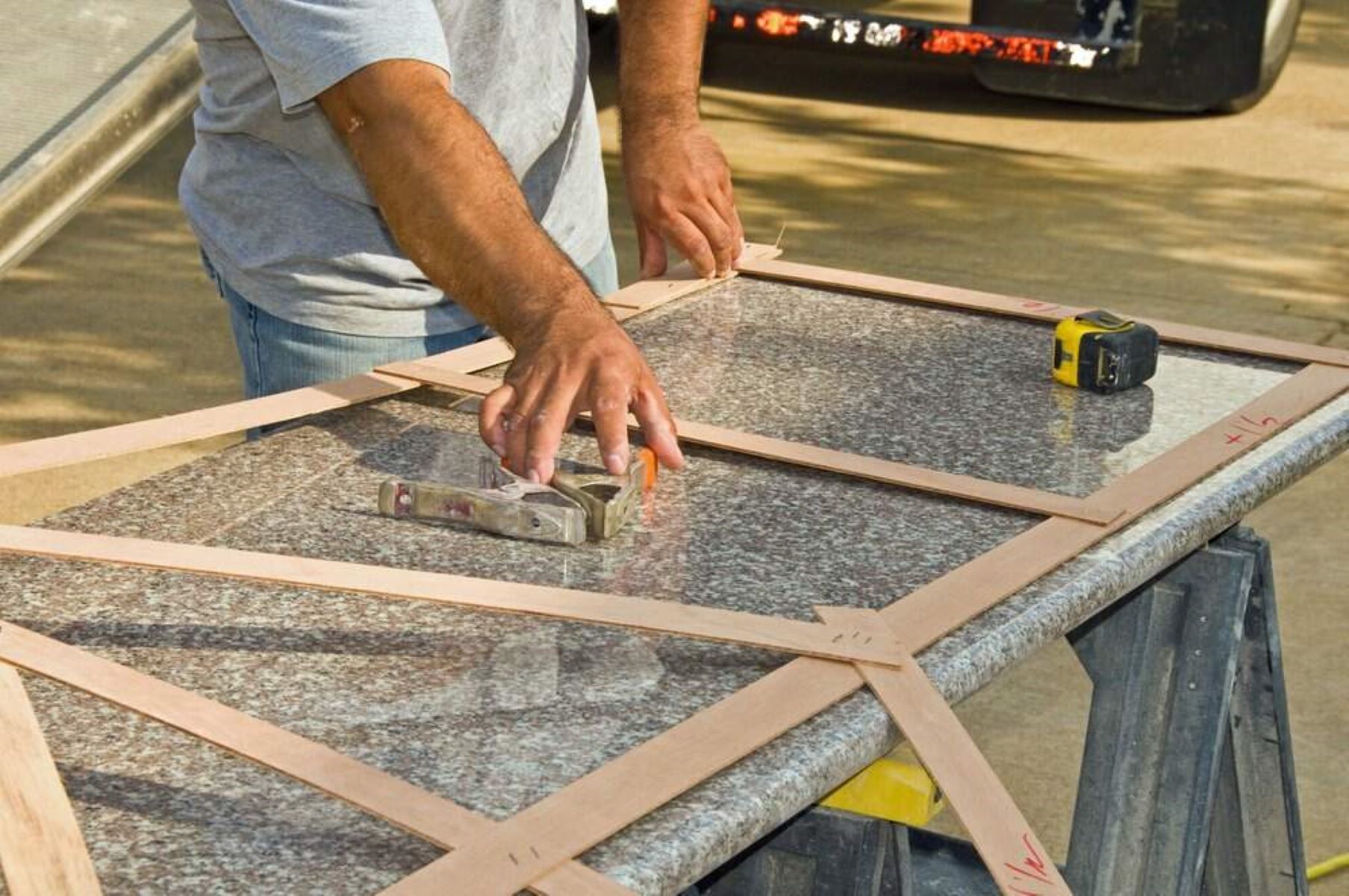

0 thoughts on “What Not To Use On Granite Countertops”